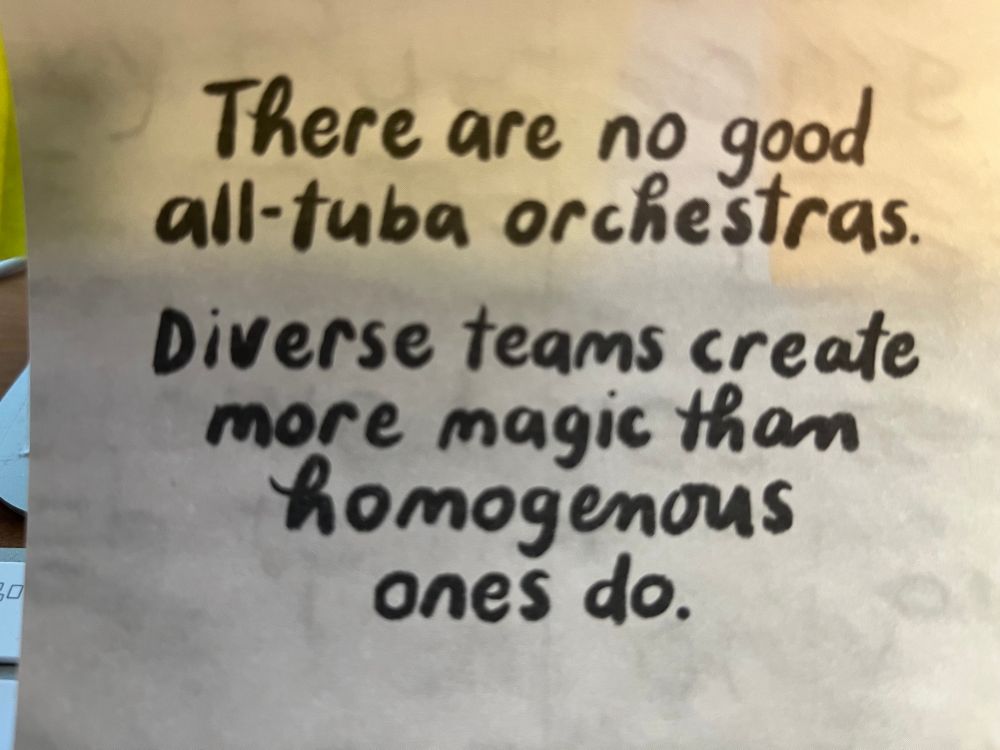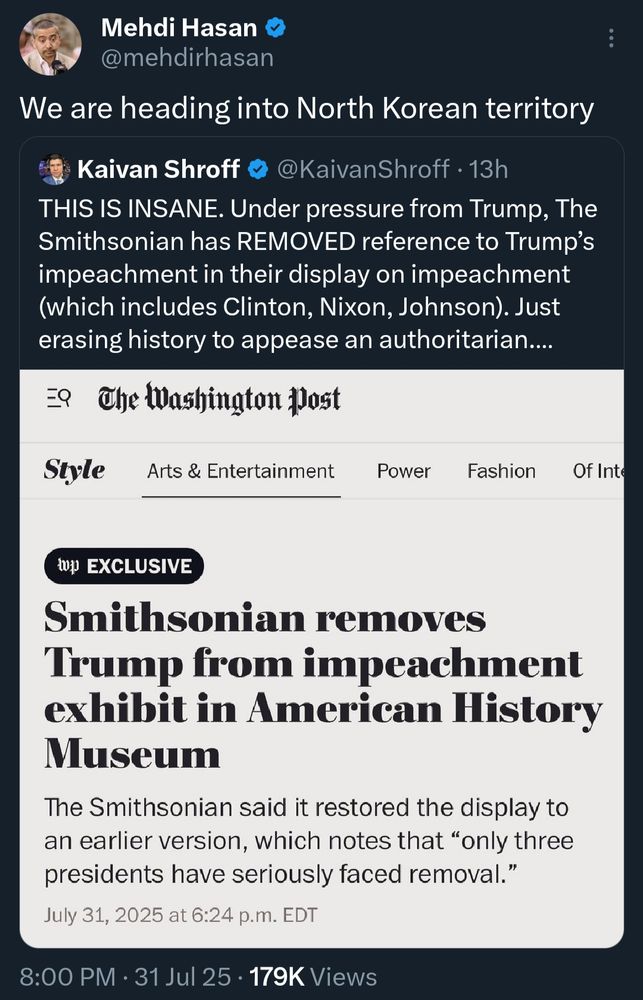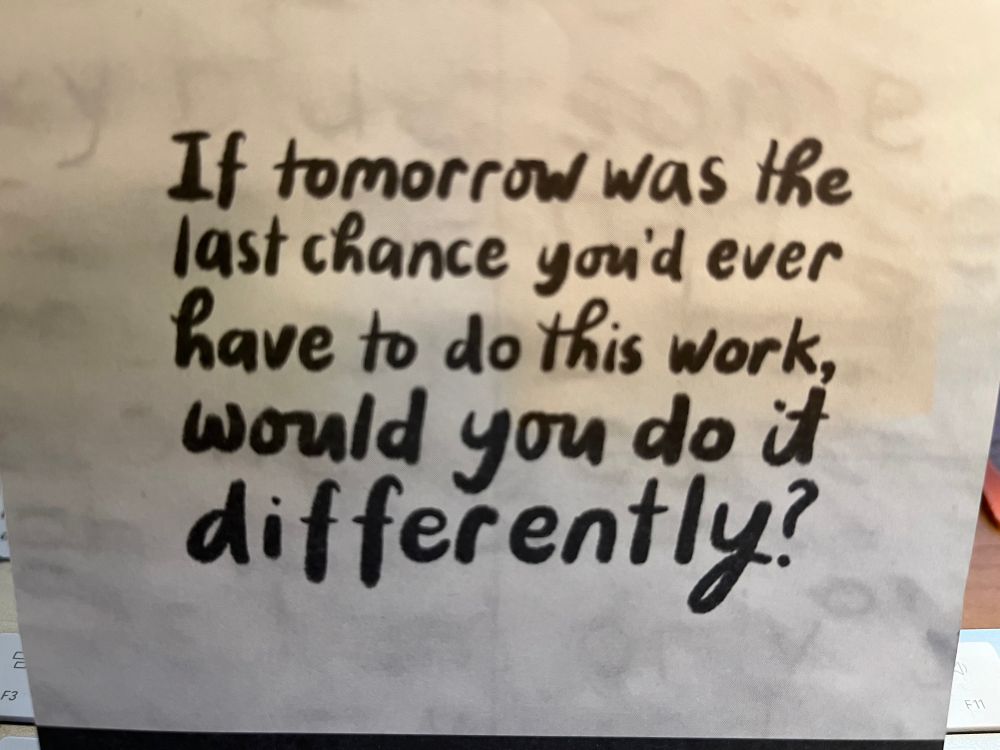 10.10.2025 20:56 — 👍 0 🔁 0 💬 0 📌 0
10.10.2025 20:56 — 👍 0 🔁 0 💬 0 📌 0
Ircel Harrison
@ircel.bsky.social
he/him. An itinerant Christian educator, I believe God is at work in unexpected places
@ircel.bsky.social
he/him. An itinerant Christian educator, I believe God is at work in unexpected places
 10.10.2025 20:56 — 👍 0 🔁 0 💬 0 📌 0
10.10.2025 20:56 — 👍 0 🔁 0 💬 0 📌 0
Evening Prayer: Loving God, life can be hard, and it can be harsh, so we pray Your grace and peace will be with those who find rest and sleep elusive tonight because of the hard places in their life. Grant them the assurance of Your care and the inner assurance of Your love. Amen.
28.09.2025 01:42 — 👍 2 🔁 1 💬 0 📌 0
Seth Godin
27.09.2025 18:26 — 👍 0 🔁 0 💬 0 📌 0 31.08.2025 17:50 — 👍 0 🔁 0 💬 0 📌 0
31.08.2025 17:50 — 👍 0 🔁 0 💬 0 📌 0

SCT 101—INTRODUCTION TO COACHING
Thursdays, 11:00 am to 1:00 pm ET/10:00 am to Noon CT—September 11 to October 30 (8 weeks; 16 hours)
Deadline to Register: Monday, September 8
Tuition: $695. REGISTER HERE www.pinnlead.com/registration...

Check out this new photo
20.08.2025 23:50 — 👍 0 🔁 0 💬 0 📌 0 14.08.2025 16:40 — 👍 0 🔁 0 💬 0 📌 0
14.08.2025 16:40 — 👍 0 🔁 0 💬 0 📌 0


Proud of Stephanie’s achievements as an educator
12.08.2025 17:24 — 👍 0 🔁 0 💬 0 📌 0Evening Prayer: Loving God, may the blessings of Your love and mercy keep us through the night and grant us a good night's rest. May the blessings of Your grace be with the sick as well as the lonely and hurting. Keep us in Your care and keep in Your care those who suffer. Amen.
11.08.2025 01:41 — 👍 3 🔁 1 💬 0 📌 0 01.08.2025 13:15 — 👍 14085 🔁 5687 💬 1278 📌 530
01.08.2025 13:15 — 👍 14085 🔁 5687 💬 1278 📌 530

Leatherwood quits ERLC baptistnews.com/article/leat...
01.08.2025 20:37 — 👍 0 🔁 0 💬 0 📌 0Seth Godin source
29.07.2025 15:16 — 👍 1 🔁 0 💬 0 📌 0 29.07.2025 15:14 — 👍 1 🔁 0 💬 1 📌 0
29.07.2025 15:14 — 👍 1 🔁 0 💬 1 📌 0

Preaching to the Choir While Children Die: The Cost of Silence on Gaza goodfaithmedia.org/the-cost-of-...
28.07.2025 17:09 — 👍 0 🔁 0 💬 0 📌 0